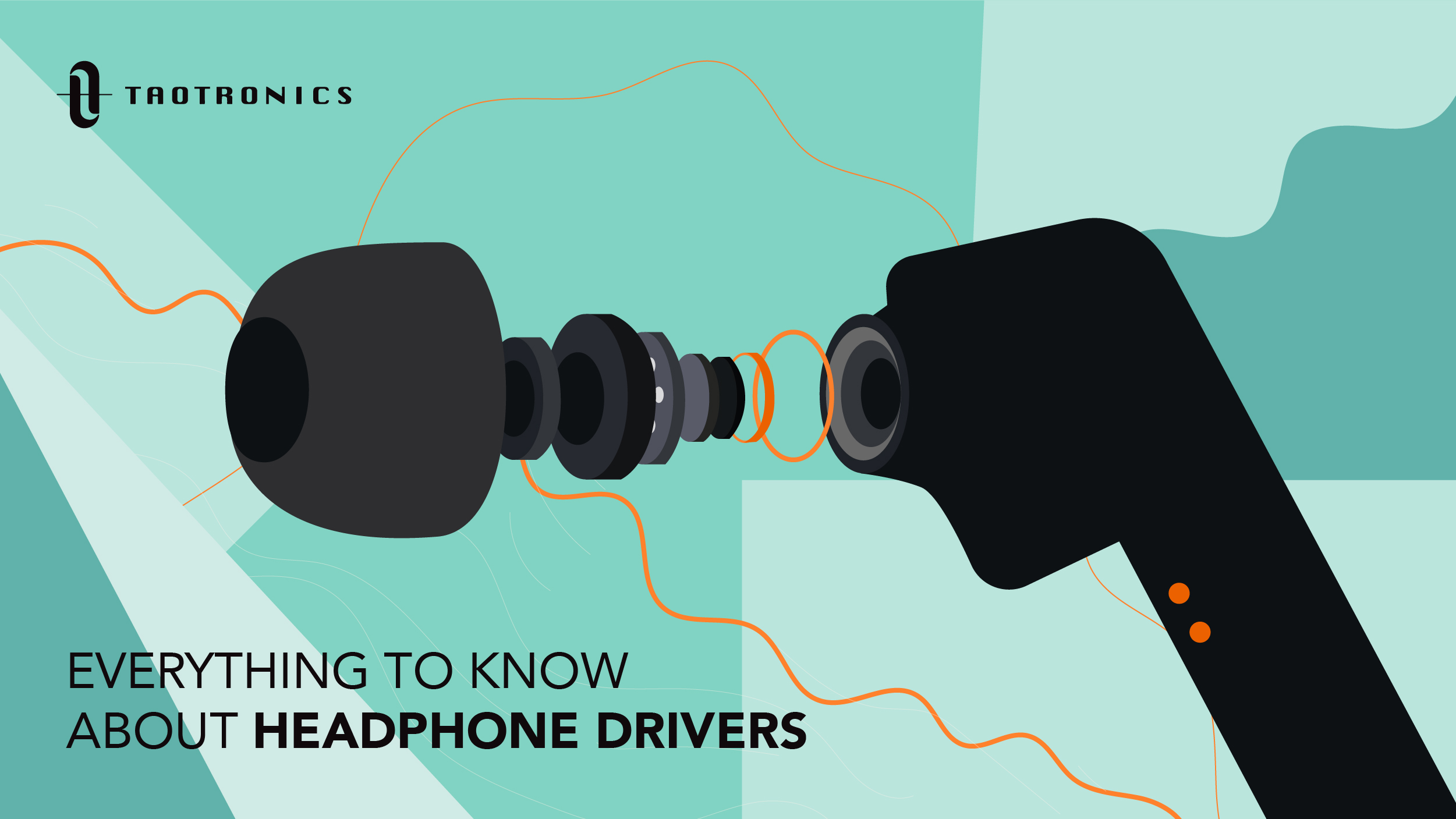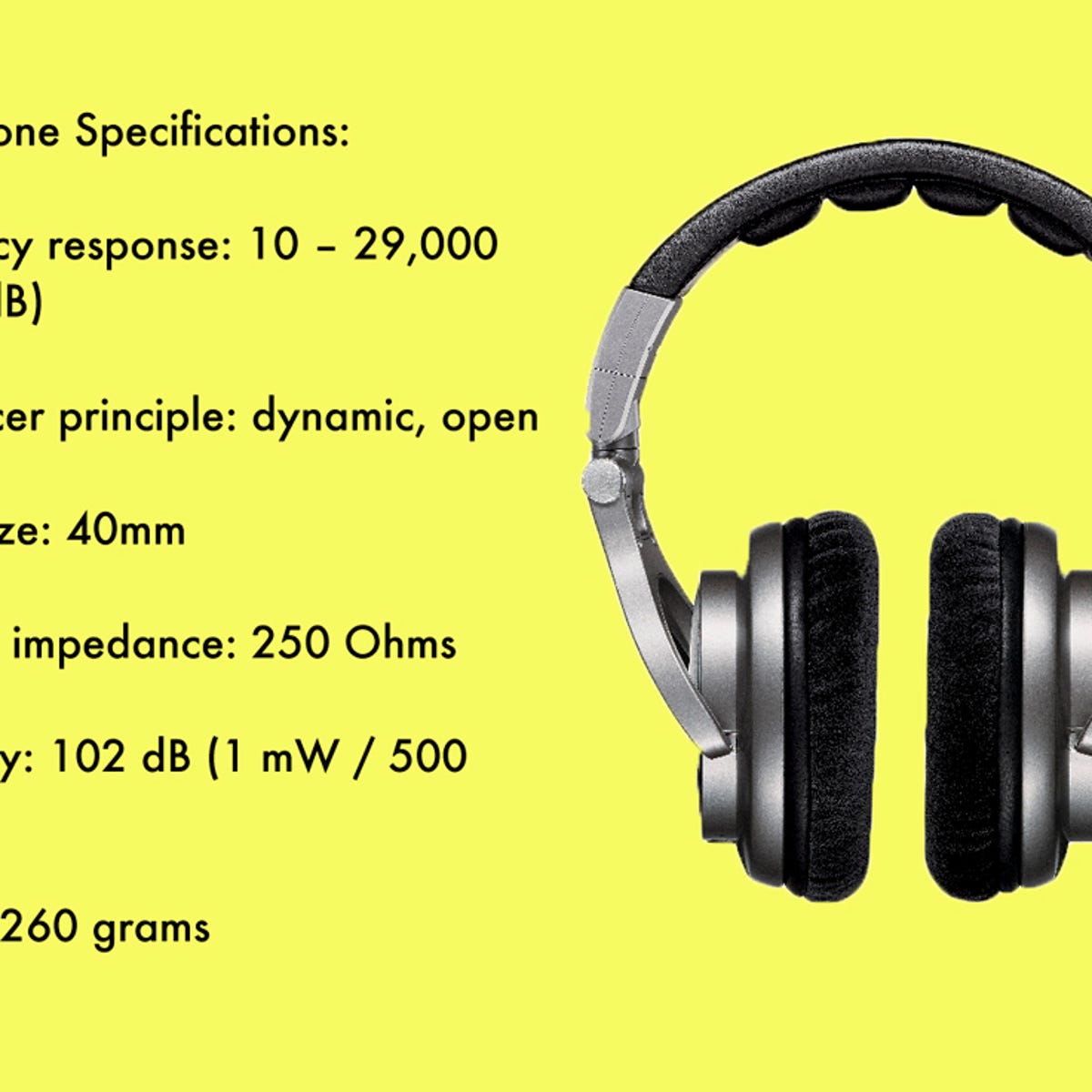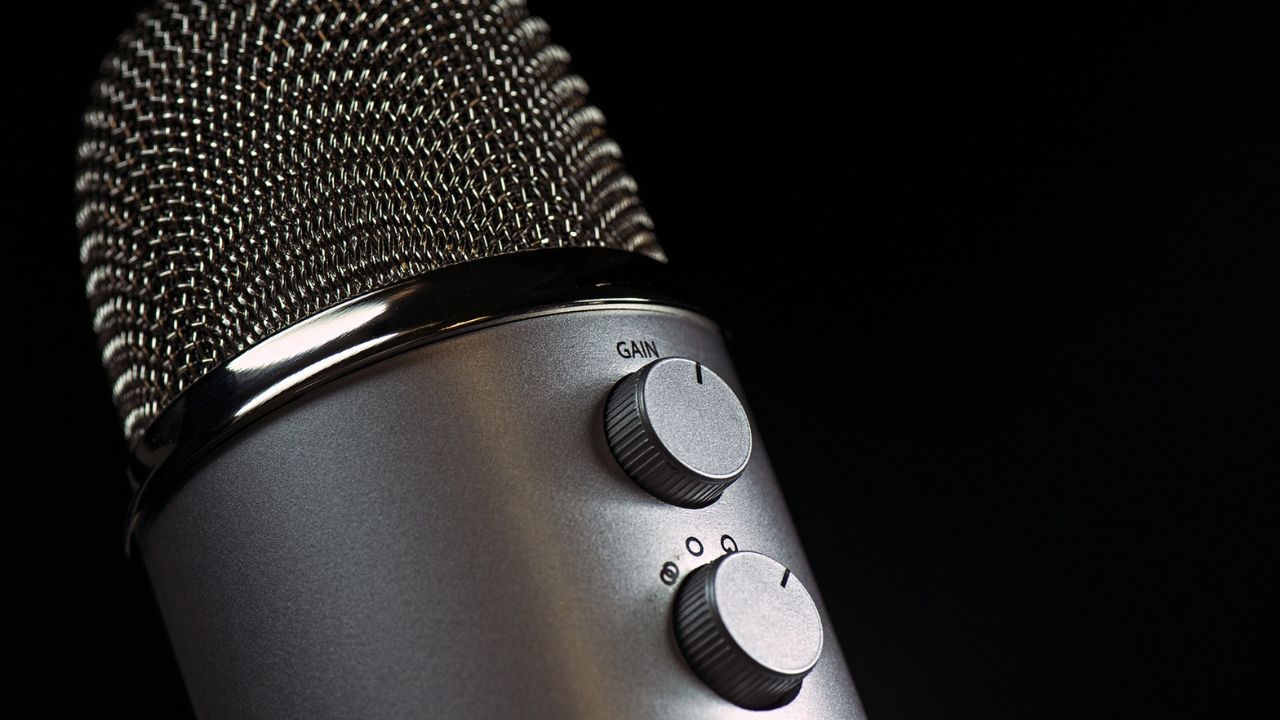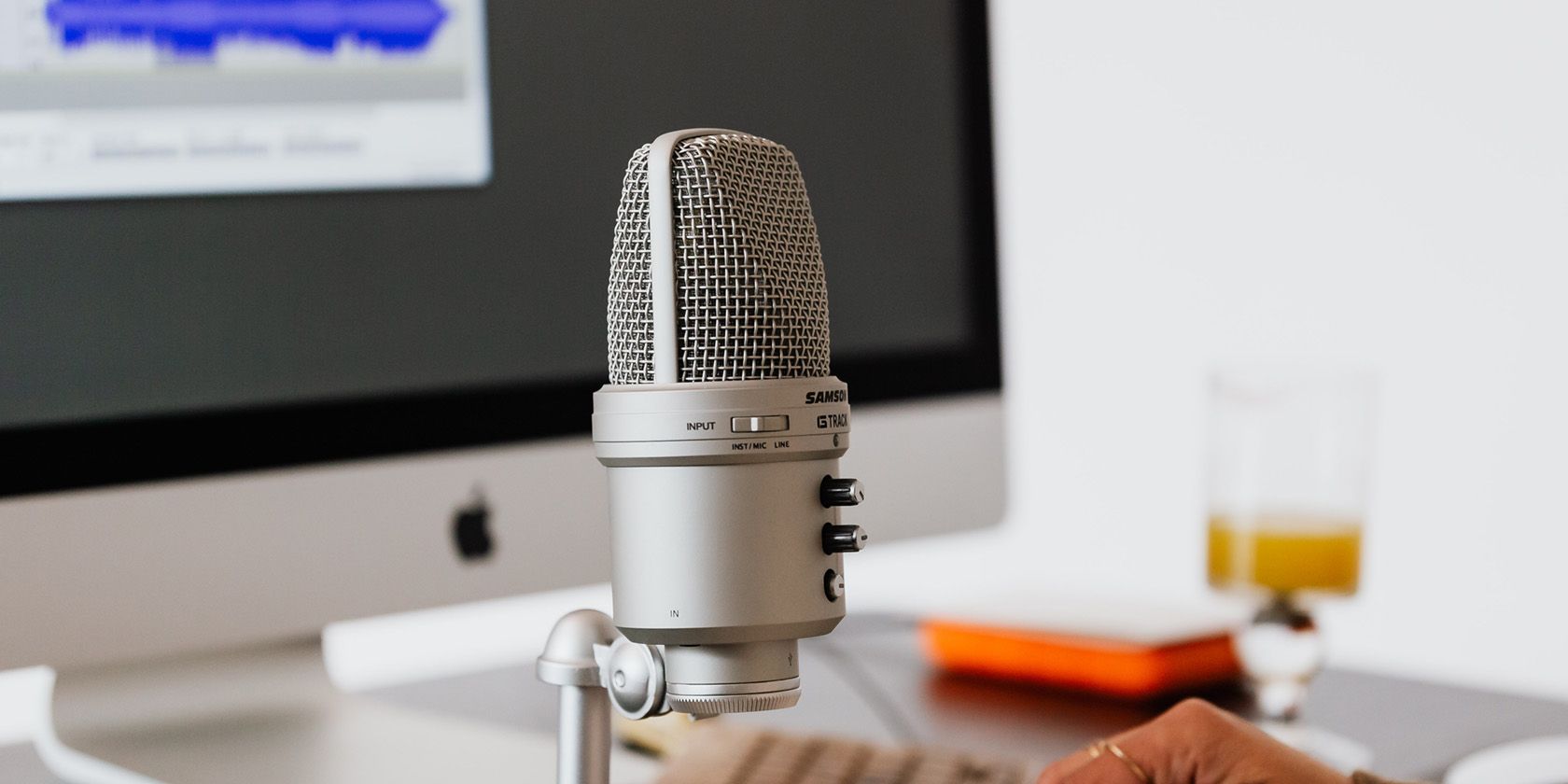Sleeping With Headphones On: Unraveling the Impact on Your Health
Introduction
Sleeping with headphones on is a habit adopted by many, particularly by those considering it as their go-to strategy for improved sleep quality. While it may seemingly offer instant comfort and relaxation, it's essential to ask: what happens when you sleep with headphones on? This article illuminates the impact of this habit on your sleep quality and overall health, evaluated alongside its challenges, benefits, and some recommended safe alternatives.
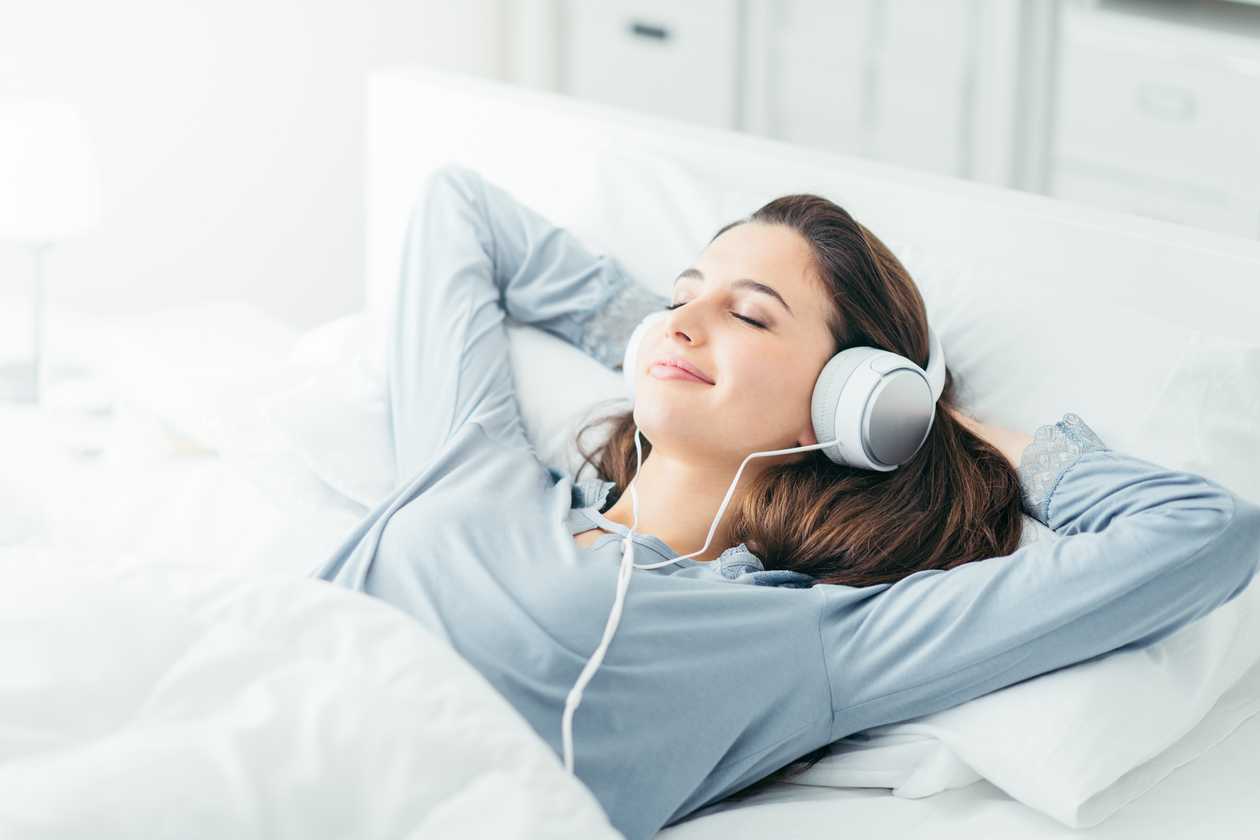
Why Do People Choose to Sleep with Headphones On?
There are several reasons why individuals might opt to sleep while wearing headphones. These may include:
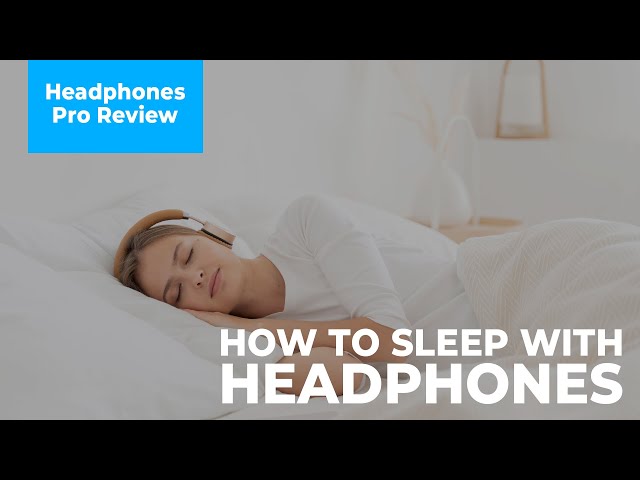
1. Stress Relief and Relaxation: Many people find comfort in soothing music or soundscapes, which help quiet their overactive minds and promote relaxation, facilitating a quicker and deeper sleep.
2. Noise Control: For those living in bustling cities or with loud roommates, headphones can be a shield against unwanted noise that disrupts their quality of sleep.
3. Mental Wellbeing: Some people utilize bedtime to feed their minds with audiobooks, podcasts, or guided meditations delivered directly into their ears through headphones. This, in turn, contributes to their mental health and can indirectly enhance sleep quality.
Hence, it's clear that sleeping with headphones on isn't merely a quirk but can serve various practical purposes, which could potentially improve the overall sleep experience.
How Does Sleeping with Headphones Affect Your Sleep Quality?
Sleeping with headphones has a dual impact, offering both beneficial and detrimental effects on your sleep quality. Here's a look at how this habit can influence your sleep:
Positive Effects:
- Enhanced Relaxation: Calming sounds or music played through headphones can support relaxation, making it easier to drift off at night.
- Time to Sleep: By providing a distraction from racing thoughts, headphones can reduce the time it takes to fall asleep.
- Interruption Shield: Music can help ward off sleep disturbances caused by external noise.
Negative Impacts:
- Disrupted Sleep Patterns: Non-stop audio stimulation can interfere with natural sleep rhythms, potentially causing restless nights.
- Safety Concerns: Wearing headphones can compromise your ability to hear important sounds like alarms, posing safety risks.
- Physical Discomfort: The presence of headphones, especially for side sleepers, can cause discomfort, potentially disrupting sleep.
A study published in the Cochrane Library suggests that listening to music before bed can improve sleep quality in adults, providing a base of research support for the positive effects.
On the flip side, according to the National Sleep Foundation, creating an environment that is conducive to sleep is crucial, and this involves careful control of noise. Reliable sleep patterns and total silence might be the keys to getting a refreshing sleep.
In summary, the impact of headphones on sleep quality is a mixed bag. While they can help individuals relax and block disruptive noises, they can also lead to discomfort and potential safety issues. Balancing the positives and negatives will help you make an informed decision on whether sleeping with headphones is right for you.
What Are the Potential Risks and Dangers?
When you consider the convenience and comfort of falling asleep with your favorite tunes soothing your brain, it's equally crucial to explore the potential risks associated with this habit. Here are some of the potential dangers of regularly sleeping with headphones:
1. Hearing Impairment: According to the World Health Organization (WHO), exposure to prolonged or excessive noise through personal audio devices can lead to disabling hearing loss. Using headphones throughout the night, even at moderate volumes, can potentially drive an increase in hearing problems.
2. Ear Infections: Continuous use of headphones can create a favorable, warm, and humid environment for bacteria, which can significantly raise the risk of ear infections.
3. Safety Concerns: When you have headphones on, your awareness of the environmental sounds decreases. This unawareness could be hazardous as it may prevent you from hearing essential alarms, like a smoke detector or emergency calls.
4. Physical Risks: Among the often-overlooked risks, especially for users of corded headphones, is the potential for strangulation while sleeping. Moreover, the pressure of headphones can lead to skin irritation and sores, particularly for those who prefer in-ear headphones.
5. Disrupted Sleep: Contrary to the intended promotion of better sleep, sleeping with headphones might sometimes prove counterproductive. The discomfort caused by headphones could trigger restlessness and disturb your sleep cycle.
Naturally, these risks vary among individuals since everyone perceives and handles sound differently. If you prefer sleeping with headphones, it's essential to take these potential issues into account and adopt more precautionary measures to ensure safety and to preserve hearing and overall health.
What Are the Safer Alternatives to Sleep with Headphones On?
When it comes to listening to relaxing sounds to aid sleep, there are several safer alternatives to adopt, effectively minimizing potential health risks associated with traditional headphones. Here are some options to consider:
- Sleep Headphones: Specially designed for sleeping, these headphones prioritize comfort and safety, making them perfect for overnight use. They come in numerous types, like headbands or sleep masks, with inbuilt speakers, offering both comfort and audio assistance.
- Speakers: Opt for speakers, placing them strategically in your room and keeping the volume low. While it may not block out sounds as effectively as headphones, it maintains an auditory environment conducive to sleep, reducing physical risks associated with overnight headphone use.
- White Noise Apps or Devices: These can help generate soothing ambient sounds and are a good option if you’re easily disturbed while sleeping.
- Soundproofing or Earplugs: If ambient noise is the primary issue, soundproofing your room or using high-quality earplugs is likely a healthier and more restful solution.
Are There Any Benefits at all of Sleeping with Headphones?
Exploring the benefits of sleeping with headphones can help paint a comprehensive picture. Here we delve into some potential perks that this practice offers:
1. Improved Coping Mechanism: For individuals grappling with stress, anxiety, or insomnia, headphones offer a valuable refuge. When used to listen to soothing music tracks or guided sleep meditations, they can help individuals relax and drift off to sleep more effortlessly.
2. Noise Cancellation: Particularly for those residing in noisy environments, headphones can effectively block out unwanted noise. This creates a peaceful sleeping atmosphere, enhancing overall sleep quality.
3. Enhanced Sleep Quality: Certain types of audio like binaural beats or pink noise are believed to boost sleep quality when listened to during sleep. They function by slowing down brain activity, thus facilitating deep sleep.
4. Brain Function: Interesting research suggests that listening to specific audio tracks while sleeping can fortify dreaming and memory consolidation. This possibly holds positive implications for one's mental health and cognitive functionality.
However, it's important to weigh these advantages against the potential health risks associated with the habit such as possible hearing damage, ear infections, and physical discomfort to ensure a holistic approach towards well-being. Despite the benefits, it's vital to employ precautionary measures like keeping the volume low and taking regular breaks to rest the ears.
While the industry is evolving, and more comfortable and safer headphone options meant for sleeping are emerging, users must still be strategically selective about their usage. Alternatives like speakers set on low volume, white noise generating devices, or specialized sleep headphones can be explored for a safer and more health-friendly experience.
Conclusion
Sleeping with headphones isn't necessarily harmful, but it isn't entirely safe, either. While it can facilitate relaxation, encourage sleep, and block disturbing noises, there are possible implications to consider, like hearing damage, ear infections, and physical risks. It's a beneficial practice, but with precautions. Think about safer alternatives, and make sure to take off your headphones regularly to give your ears a much-needed rest.
Related FAQs about what happens if you sleep with headphones on
Is it safe to sleep with headphones every night?
Sleeping with headphones every night may pose potential risks such as hearing impairment, ear infections, and physical discomfort. Over time, it can also lead to sleep disturbances. While it's not necessarily harmful, it's paramount to exercise caution and use volume control to prevent possible hearing damage.
Can sleeping with headphones cause ear infections?
Yes, regular use of headphones can potentially increase the risk of ear infections. Prolonged use can create a warm, damp environment in the ear, promoting bacteria growth. Regular cleaning of headphones and taking breaks in usage can help mitigate this risk.
What are some of the best sleep headphones available in the market?
Several companies design headphones explicitly for sleep. For instance, SleepPhones offer a comfortable, headband-style design, and QuietOn Sleep Earbuds are renowned for their noise-cancelling properties. Bose Sleepbuds II offer a combination of comfort, noise masking and customizable settings. When purchasing, prioritize comfort, safety, sound quality, and longevity.

